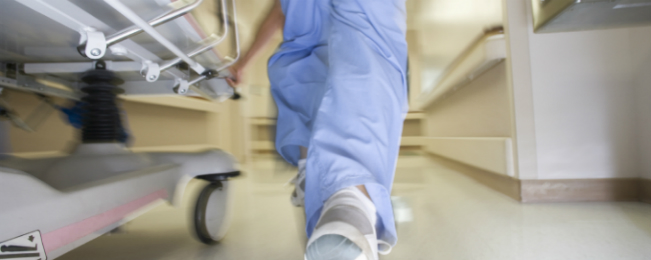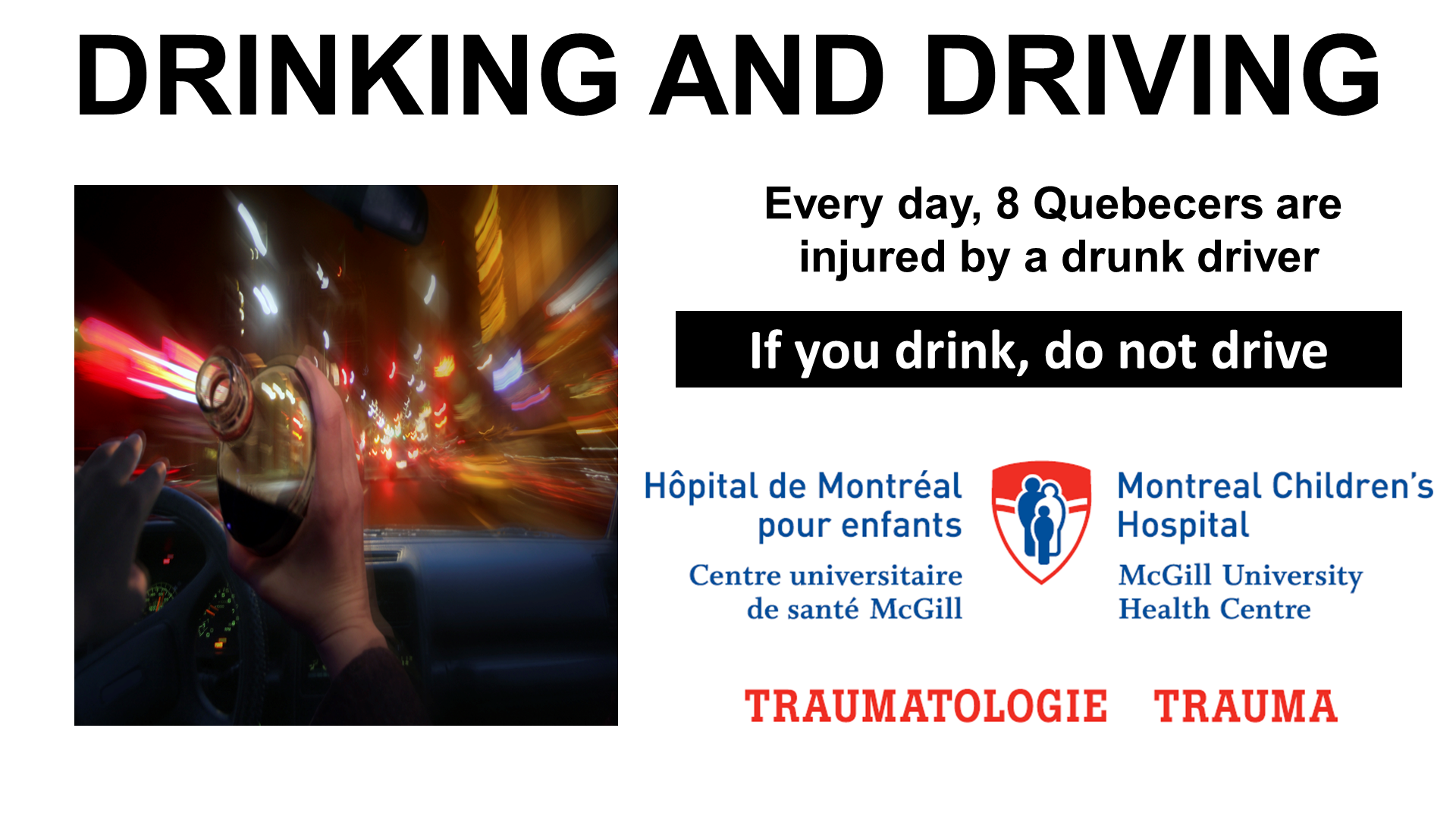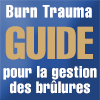Trauma is a leading cause of death and disability in children and teens. Trauma by its very nature is often sudden, life altering, and can be devastating. Rapid access to expert medical, surgical, nursing, rehabilitation and psychosocial trauma care, state of the art equipment, and a mature, efficient, innovative trauma care system is paramount in increasing the chances of a positive outcome for the patient and family. At the MCH the approach to trauma care is inter-professional and involves the interplay and close collaboration of more than 30 departments and services. Trauma impacts not only on the patient but their family, friends, and community. Our approach encourages everyone to work together to meet the multi-faceted, complex needs of the children, teens as well as their families. This practice takes place from the patient’s initial arrival in the ER managed by our well- developed inter-professional 1010/2020 trauma code system, through the critical care phases, early rehabilitation and recovery stages and eventual transfer to an appropriate Rehabilitation Centre, community resource or return home with comprehensive coordinated follow-up.
Every year more than 16,000 children and teens are treated in our Emergency Department for a large variety and severity of traumatic injuries. Annually approximately 300 patients sustain moderate to severe injuries, requiring hospitalization and the timely interventions of our many trauma specialists. We take great pride in being a supra-regional provincially designated Tertiary Care Level Trauma Centre and a Neurotrauma Centre of Expertise, and in the 5 inter-professional clinical programs that we have developed over the past 25 years namely: Neurotrauma; Trauma; Burn Trauma; Mild Traumatic Brain Injury; and Trauma Team Leader. Through the many teams of trauma experts involved in these different programs we provide comprehensive, individualized specialized care. All programs are closely linked to our Trauma Education and Research Program. Additionally our Injury Prevention Program acknowledged for its leadership and knowledge sharing is intricately involved in public awareness, education, and advocacy. Our Trauma Centre enjoys a collaborative professional relationship with the local and national media, and along with being closely affiliated with the Canadian Hospitals Injury Reporting and Prevention Program facilitates the diffusion and provision of timely expertise and alerts.
In addition to our acute care programs we work closely with regional centres and community physicians following thousands of ambulatory patients annually in specialized clinics. The MCH inter-professional Concussion Clinic was cited by the MSSS and INESSS as the model for care in Quebec.
Our Trauma Research Program enables us to develop, evaluate and share our knowledge in numerous initiatives including multi-centre projects, publications in peer reviewed journals, and participation in national and international conferences. Clinical and academic teaching is also an important aspect of our mandate. Many program members hold university appointments and are regularly involved in the education of trainees from a wide variety of healthcare professions, and participate in regional, national and international forums and conferences. A year-round credited Trauma Rounds Educational Series is also available to trauma network partners. Mock traumas, journal clubs, and simulated training offer many opportunities to maintain and further develop expertise. An award winning trauma and injury prevention website makes information accessible to patients and their families, the community we care for, the partnerships we develop, the regional centres in need of our experience, and our colleagues involved in clinical care and research activities elsewhere.
The MCH Trauma Centre has many collaborative partnerships, transfer agreements, and ententes with different stakeholders in the provincial and national Trauma Networks, the RUIS and supra-regional community. Included are: adult trauma centres, regional centres, SAAQ, community physicians, INESSS, other governing bodies, Health Canada, schools, sports associations, and many others. Developing partnerships with community organizations is an excellent way to share expertise. This enables others involved in first line care to be conduits of important information on trauma and injury prevention. It also allows for a better understanding of the needs of the population, and facilitates the development of collaborative ventures. Work done has benefited other MCH departments who are able to take advantage of these already established strategic alliances, for other initiatives in their specific areas.
Although our main priority as a Trauma Centre is clinical care, many of the other initiatives undertaken by MCH Trauma enhance our ability to provide: timely expertise, fulfill our global trauma mandate, position us as leaders in the field of pediatric and adolescent trauma, and make us unique.
Trauma by its very nature is unpredictable, our response cannot be.
We must prepared at the highest level at all times!
Mandate
Provide comprehensive, patient and family focused tertiary level interprofessional trauma care for all types and severities of trauma. Expertise spans from the acute, sub-acute and through the early rehabilitation phases. This includes excellence in trauma care; clinical and academic teaching; injury prevention and public awareness; education; research; community outreach; networking; and advocating for the needs of Quebec children and adolescents at a local, regional, provincial and Canada wide level.
Mission
- To provide excellent trauma care
- To maintain a high level of expertise
- To ensure rapid accessibility for all patients to the MCH Trauma services
- To assist patients and their families in understanding the impact of the injury and the expected course
- To assist children and teens in achieving their maximum functional potential during the early stages of recovery
- To provide coordinated patient-focused care in conjunction with other institutions in the healthcare consortium in order to assure timely continuum of care
- To provide academic teaching and clinical training
- To be leaders in pediatric and adolescent trauma research
- To monitor trends and play a leadership role in the development of strategies for targeted injury prevention, public awareness, advocacy and lobbying
- To be available as an expert community resource and develop strategic alliances with others sharing a common goal in advocating for the needs of the children and teens of Quebec
History: Montreal Children’s Hospital Trauma Centre
1989:
- Developed 1st inter-professional Pediatric Neurotrauma Program in Quebec and Canada. Included all types and severity of Neurotrauma. Model for future Trauma Programs.
1993:
- 1st Provincial designation as a Pediatric and Adolescent Trauma Centre (1997, 2001, 2008, 2012).
1997:
- Developed comprehensive approach to concussion management.
2000:
- Re-organized and expanded Trauma mandate to include all types and severities of trauma under one inter-professional program, bringing together the medical, surgical, nursing, rehabilitation, and psychosocial aspects of trauma care.
- Developed hospital-wide clinical protocols for management of assorted trauma.
- Developed assorted educational materials for diffusion with community partners.
2001:
- MSSS designation Neurotrauma Centre of Expertise.
- Development of numerous protocols to standardize trauma care.
- Teaching of Medical and Allied Health trainees on assorted Trauma topics.
- Trauma Rounds Educational Series (Inter-professional)
2002:
- Expanded developed Burn Trauma Program (introduced new Rx, ambulatory shift).
- 1st Trauma Centre in Canada to report rise in concussions in minor Hockey.
- Diffusion of timely trauma and injury prevention information to media.
- Implementation of early hip spica for femur#; ambulatory shift.
2006:
- Expanded Injury Prevention Mandate – Program status.
- Re-organized & developed Multi-level Emergency Trauma Response System.
- Implementation of Inter-professional Trauma Activation Quality Review Process.
- Development of ECMO Program
2007:
- Certified as a WHO health promoting hospital.
- Developed MTBI and Return to Sports Program; ambulatory shift.
- Launched the 1st edition Concussion KiT, educational resources online.
- Expanded Trauma Research mandate, created official Program.
2008:
- Expanded Concussion Clinic; community out-reach education programs
- Purchase of transportable mini fluoroscopy machine facilitating close reductions in ER & Clinic
2009:
- Developed many community outreach projects & partnerships.
- Developed and launched bilingual MCH Trauma Website (recipient of multiple awards).
2010:
- Implementation of FAST in the Emergency Department.
2011:
- Canadian Hospitals Injury Reporting and Prevention Program (CHIRPP) integrated into MCH Trauma System close collaboration with Injury Prevention Program.
- Further expansion of Trauma Research Program.
2012:
- Expansion of inter-professional MTBI Program/Concussion clinic. Concussion education
- Use of the Bier Block for management of upper extremity fractures in Emergency Department.
2013:
- Further expansion of MTBI Program to include vestibular rehabilitation.
2014:
- Cited by MSSS/INESSS TCC léger management guidelines.
- Implementation of attending staff Trauma Team Leader (TTL) Program.
2015:
- New site of Trauma Centre
- Development of Post-Traumatic Headache Management Protocol for community MDs & Emergentologists.
- Development of “Is the Thrill Worth It?” High School Program.
2016:
- On going development and expansion of Trauma Research Program.
2018:
- Publication of 3rd edition MCH Concussion KiT
- Hosted Trauma Resuscitation in Kids (TRIK) course for eastern Canada












